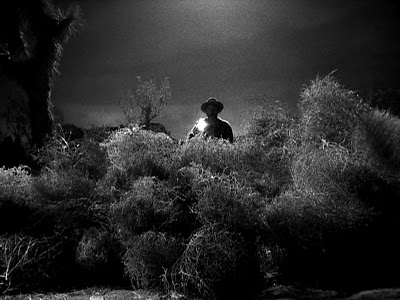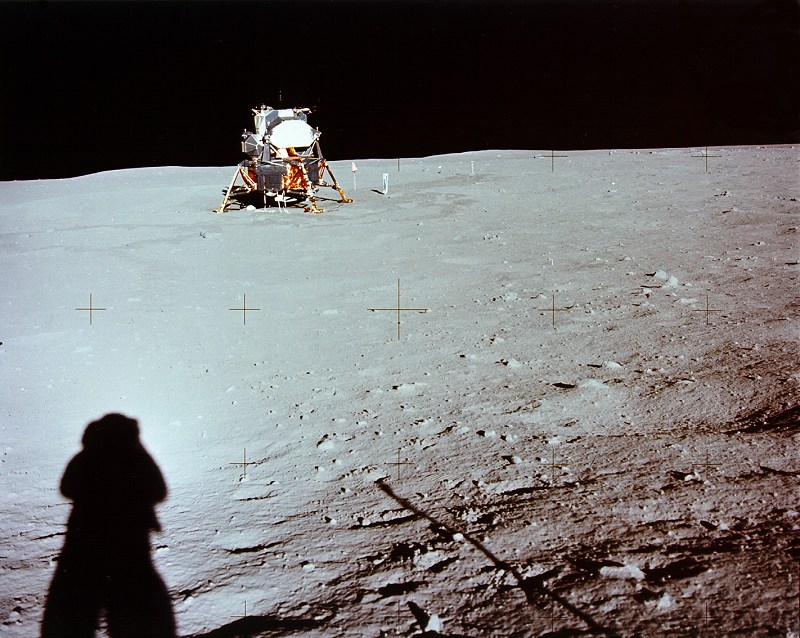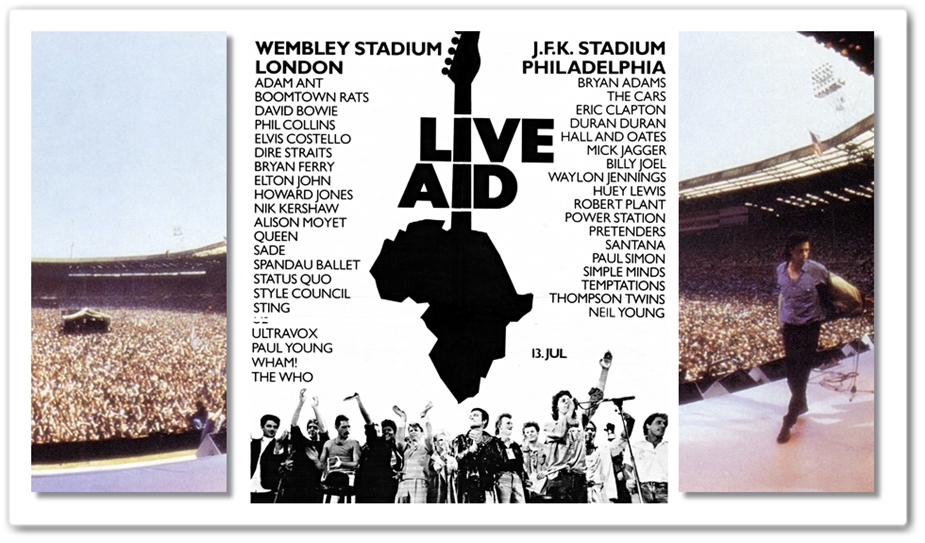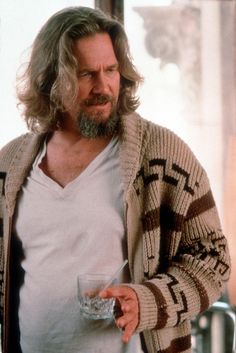In case anyone was wondering, based on the mountain of tumbleweeds that’s gathered in this space.
Blame the usual suspects: The assembly line at work has been running at double-speed, my summertime calendar is always overly crowded, my commute sucks, I have too little free time (or at least too little energy to put that time to use in a productive way)… you’ve heard it all before. And it’s all true. But lately I’ve been wondering if the real problem isn’t something more… internal. I’m worried that I’ve… lost my mojo.
I know, I know… you just heard that phrase in Austin Powers’ voice and you probably couldn’t help but chuckle. But I’m serious here. I don’t know how else to describe what’s going on lately. I’ve got something like 20 unfinished entries saved in my Drafts folder from this calendar year alone, but I can’t seem to summon the motivation to finish any of them, even the ones on topics that have been recurring hobbyhorses over the years, things I ought to be passionate about.
I don’t know. Maybe this blog has run its course and it’s time to find something else to do. Something else to write. Blogging in general isn’t what it used to be, and I sometimes wonder if I’ve overstayed my welcome. This has been such a rewarding activity for me over the years, a platform from which to share the things that excite me and sadden me, to gripe about the nonsense that frustrates me and the injustices that enrage me… but I’m really struggling with it right now. I feel like Simple Tricks hasn’t ever really come back to life since that long, unplanned hiatus in 2013, and I fight with a tremendous sense of futility every time I open up the dashboard and stare at the empty white space with its monstrous blinking cursor. I start to think about all the other things I could be doing, and probably ought to be doing, and suddenly I find myself quite unable to string three words together. I’ve self-identified as a writer for over 30 years now, since the bloody tenth grade, but these days… I feel like I don’t know how to do it anymore. And I can’t tell you how frustrating — how frightening — that is. It’s not hyperbole to compare it to impotence. Seriously. It’s exactly that same kind of sucker punch to the very core of one’s self-image and self-esteem, with all the horror and humiliation that goes along with it.
Yes, that’s it exactly. I feel like I can’t get it up for blogging anymore.
This isn’t a farewell announcement, by the way. I’m not shutting the place down, not yet. But I am wondering what I’ve got to do to reinvigorate this whole project… or if it’s worth the effort. A number of people of said to me lately that I ought to be using my talent to write a novel. Has this blog been preventing me from doing that? Maybe that’s why I’m having such a difficult time working on this: because somewhere deep inside, I feel like it’s a distraction from my “real” writing. Again, I don’t know… just thinking out loud, I guess.










